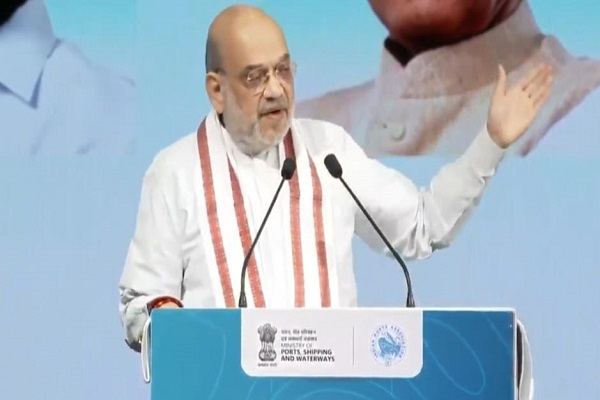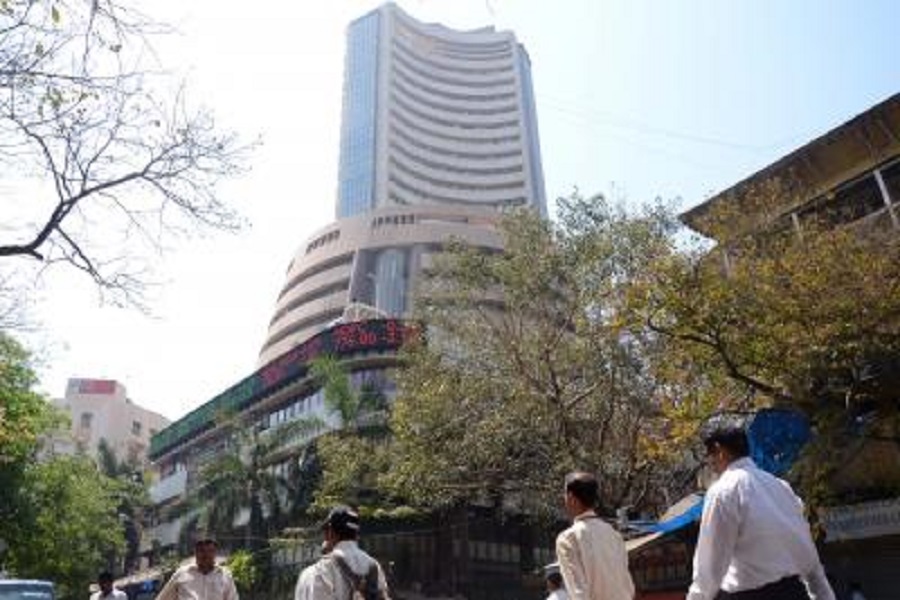UK Pound Rises as Borrowing Plans Spark Market Optimism by Amit Gupta , Kedia Advisory

The British Pound climbed towards $1.30, recovering from a two-month low, following speculation that Finance Minister Rachel Reeves may allow more borrowing in the upcoming budget. This potential shift in fiscal rules could free up tens of billions for capital spending, delaying anticipated Bank of England rate cuts. Concerns over persistent inflation were echoed by Governor Andrew Bailey, leading market expectations for a November rate cut to drop significantly. Meanwhile, flash PMI data indicated slower-than-expected growth in UK manufacturing and services. Overall, a mix of positive fiscal outlooks and caution surrounding economic performance has influenced sentiment in the currency markets.
Key Highlights
* British Pound approaches $1.30, rebounding from lows.
* Finance Minister Rachel Reeves may increase borrowing capacity.
* Bank of England rate cut expectations drop to 86%.
* Flash PMI indicates slower growth in manufacturing and services.
* UK car production declines 20.6% year-on-year in September.
The British Pound has shown resilience, climbing towards $1.30 after a two-month low. This rebound is attributed to reports that Finance Minister Rachel Reeves may implement increased borrowing in the upcoming budget. By shifting fiscal rules to emphasize public sector net financial liabilities (PSNFL), Reeves could potentially free up tens of billions for capital spending, which may delay anticipated rate cuts from the Bank of England. Governor Andrew Bailey's remarks on persistent inflation underscore the economic challenges, with market expectations for a November BoE rate cut dropping from 100% to 86%.
Supporting this price movement, the Institute for Fiscal Studies indicated that changes in fiscal rules could have allowed for £53 billion in additional borrowing. However, the Treasury has stated it will not utilize this capacity immediately, contributing to a cautious sentiment among investors. Furthermore, flash PMI data revealed slower-than-expected growth in UK manufacturing and services, highlighting ongoing economic uncertainty.
In other news, the UK manufacturing sector faces challenges, with the S&P Global Manufacturing PMI dropping to 50.3 in October, signaling a slowdown in growth. Meanwhile, public sector net borrowing rose to £16.6 billion in September, reflecting higher debt interest and increased public spending. Additionally, UK car production declined by 20.6% year-on-year, further indicating economic shifts as manufacturers adjust to new zero-emission vehicle requirements.
Finally
The British Pound's recent recovery amid potential fiscal changes reflects market optimism, though underlying economic challenges persist, necessitating careful monitoring of upcoming fiscal policies and economic indicators.
Above views are of the author and not of the website kindly read disclaimer
























